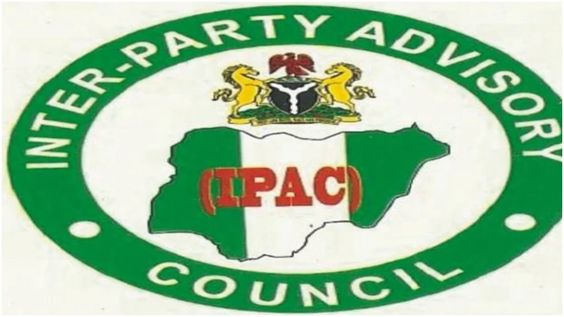Politics
IPAC Supports Reps’ Proposal for Special Seats for Women in State and National Assemblies

The Inter-Party Advisory Council (IPAC) has endorsed the House of Representatives’ proposal to allocate special seats for women in state and national assemblies, aiming to boost female representation in Nigerian politics. Learn more about this landmark initiative.
The Inter-Party Advisory Council (IPAC) has supported the initiative to allocate special seats for women in both National and State Assemblies.
In his opening speech at the Council’s 2nd Policy Roundtable, themed “64 Years of Independence: Inclusive Democracy and the Options of Special Seats for Women,” held in Abuja on Friday, Yusuf Mamman Dantelle, the National Chairman of IPAC, expressed support.
The National Assembly is presently examining the Constitution and Electoral Act with the aim of amending them to guarantee full citizen participation in politics, democracy, and governance.
The review also aims to guarantee that every voice is heard and no individual is overlooked in the challenging endeavor of building a more democratic nation.
The Council Chairman stated, “To maintain a sustainable democracy, it is essential for citizens to engage in political processes and express their interests, concerns, and aspirations during decision-making.”
The question is, how much progress have Nigerians made in promoting inclusive democracy after 64 years of independence and a continuous democratic period of 25 years?
He highlighted that the Council has been leading efforts to promote women’s political participation and representation. Additionally, it established a Directorate of Women Affairs along with other gender-friendly policies at its national secretariat in Abuja.
“The goal of this Roundtable is to enhance women’s participation in politics and government, especially within the national and State House of Assemblies. Clearly, democracy relies on all citizens actively participating in and being represented within democratic institutions and processes,” he added.
When a segment of society is not adequately represented in policy discussions, it leads to feelings of marginalization. This applies to women, who make up 50% of the country’s population. Clearly, we cannot strengthen and progress our democracy if half of the populace is excluded from participating in the political arena.
It’s clear that gender equality and representation are central to the nation’s democracy. The disparity in these areas is striking. In the 7th, 8th, and 9th assemblies, women made up only 6.4%, 6.1%, and 2.7% of the Senate respectively; while their presence in the House of Representatives was just as limited at percentages of 6.4%, 3.05%, and 4.7%.
This roundtable recognizes this and aims to offer suitable recommendations that will enhance the country’s democracy.
Together, we will strengthen and enhance the nation’s democracy by promoting inclusive politics and governance, ensuring successful elections, fostering political stability, and improving the well-being of all Nigerians.
